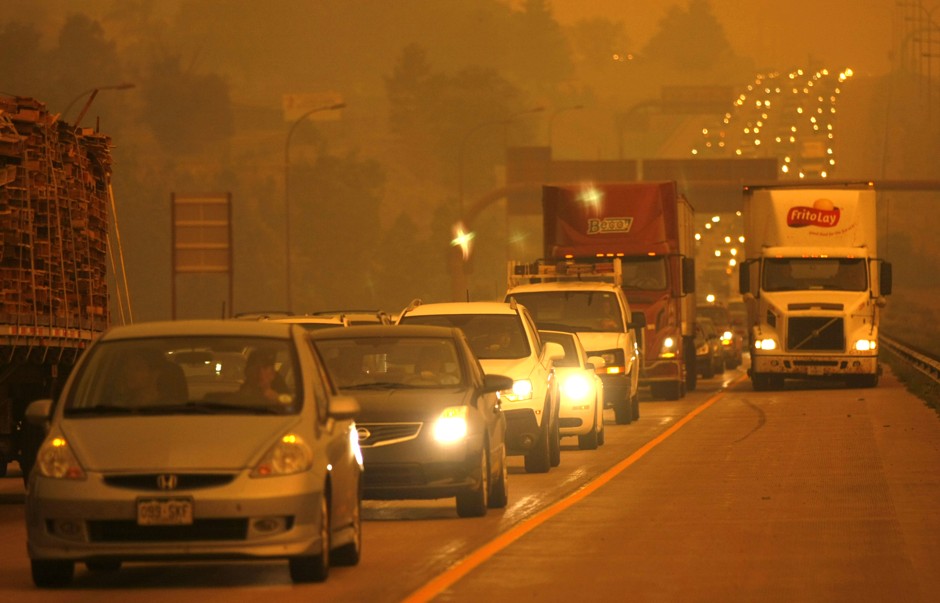The Hub 10/12/18: Clean Air Council’s Weekly Round-Up of Transportation News

“The Hub” is a weekly round-up of transportation related news in the Philadelphia area and beyond. Check back weekly to keep up to date on the issues Clean Air Council’s transportation staff finds important.
PlanPhilly: Killing SEPTA transfer fees, charging for parking differently — it’s all in Philly’s new transportation plan – The City of Philadelphia released a 7 year strategic plan, called CONNECT, this week. The plan focuses on safety, with Vision Zero being the first goal, followed by equity and sustainability. The city seeks to address declining bus ridership and increase cycling’s mode share. CONNECT also calls for an influx of local funds into SEPTA, which is much needed as federal transit dollars dwindle.
StreetsBlog: Is Pedal Dockless Bike Share Going Extinct? – Dockless bike share seems to have come and gone from US cities in the past year. Dockless operators are focusing on the more popular electric scooters and swapping out traditional pedal bikes for those with electric assist. Companies like Ofo, Limebike, and Jump are adapting, learning that what is profitable elsewhere doesn’t always work in the United States market. Docked pedal bikeshare, on the other hand, continues to experience growth.
Philly.com: How a Portland university uses marketing to stop commuters from driving alone – Oregon Health and Science University is situated on a mountaintop, only accessible by two main roads, making transportation and congestion an ongoing problem. People want to know how they can avoid the traffic, so the university uses information dense marketing materials with no bells and whistles. New employees and students also receive a 30 minute orientation on their sustainable transportation options, which includes aerial trams, biking, and walking paths.
Next City: Nashville Wants to Reduce Traffic One Company at a Time – In the wake of Nashville’s citizens voting down a $5.4 billion transit plan, the city is still seeking solutions to the congestion that inevitably happens when a city grows and does not invest in public transportation. The Metro Planning Department is now meeting with employers one by one to help them implement flexible work hours, carpool or vanpool options, and transit solutions.
City Lab: The Planet Can’t Survive Our Transportation Habits – The UN Intergovernmental Panel on Climate Change released a report Monday about the dire state of our planet. With transportation contributing more carbon emissions in the US than any other sector, how we get around is one of the most impactful personal decisions we make on a daily basis. The report calls for moving to electric vehicles and focusing urban planning efforts to encourage walking, biking, and using public transportation.
Image Source: City Lab

